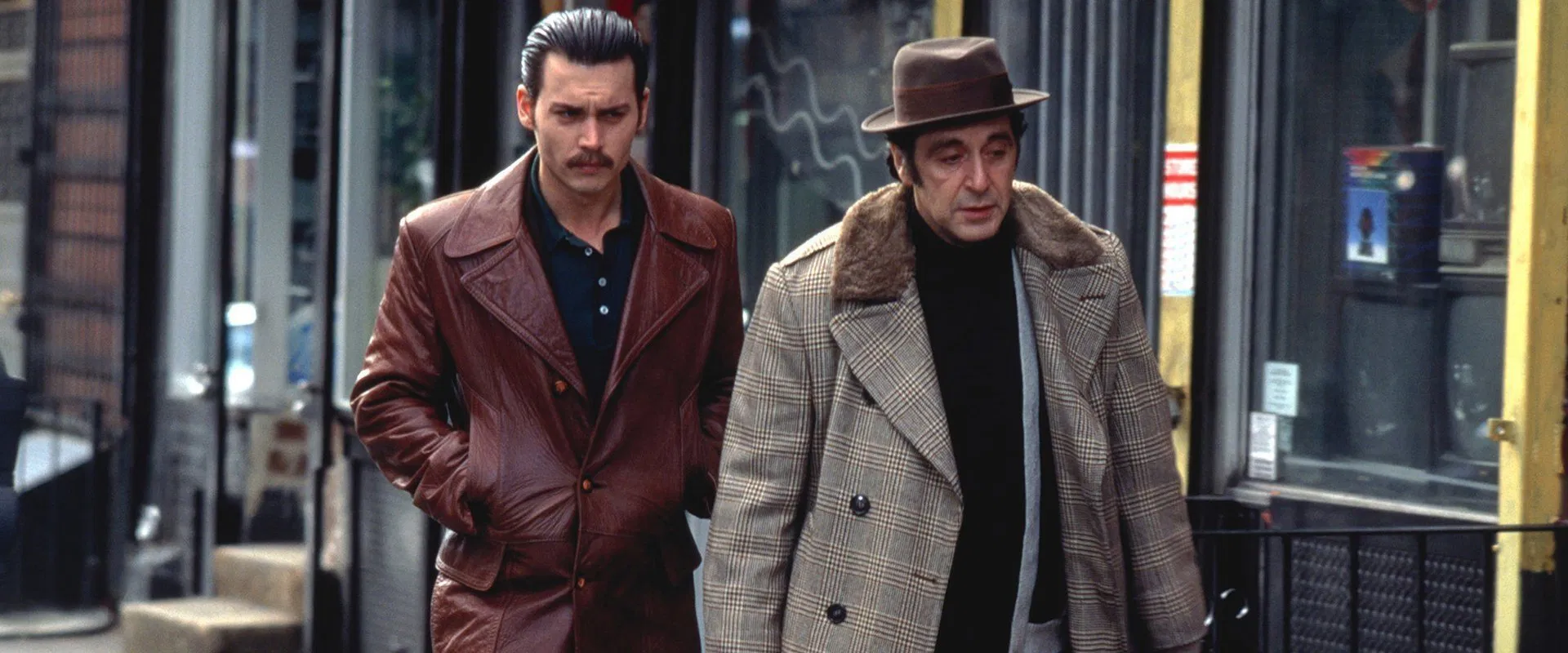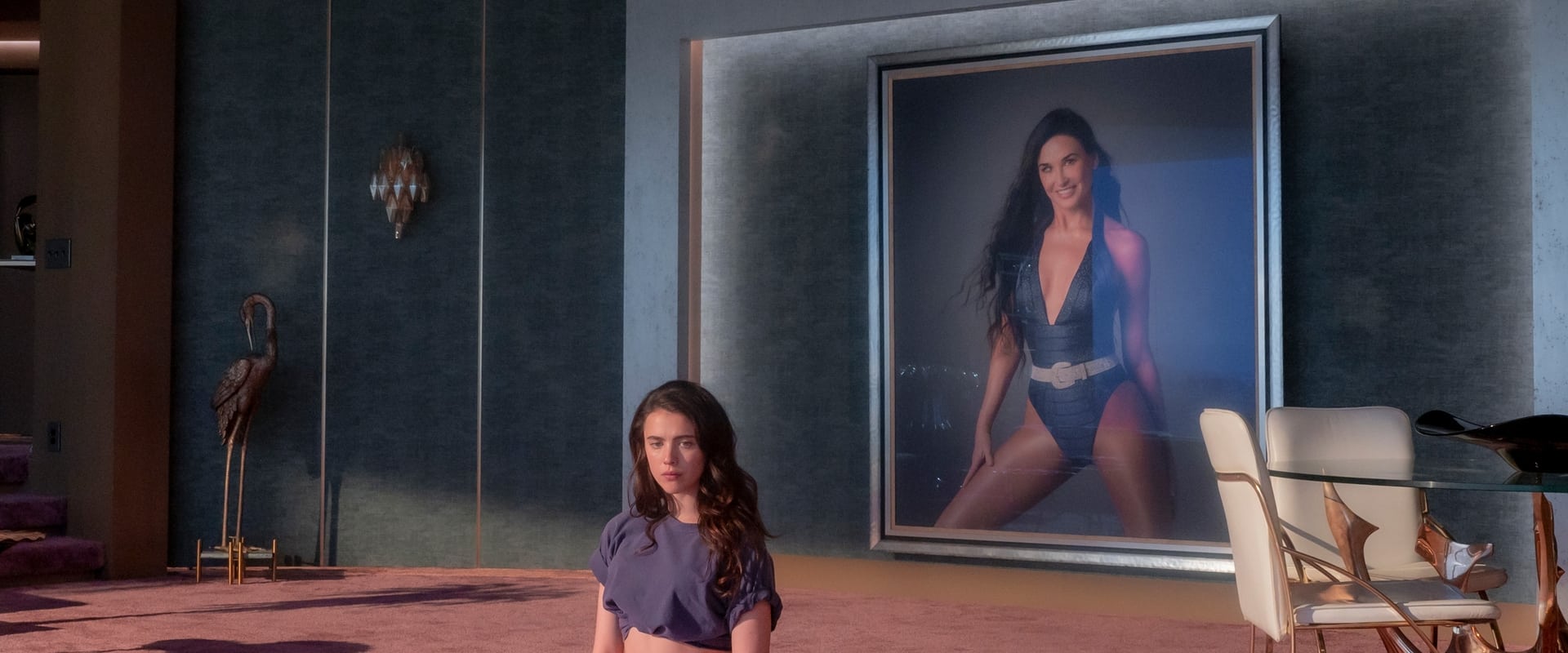“Donnie Brasco” is one of those rare crime movies that operates less as a cautionary tale than as an anatomy of yearning—of what we’re willing to counterfeit, and what must finally be, heartbreakingly, real. Directed by Mike Newell (whose touch is lighter than the usual genre brutes), the film plunges us into the rank back rooms and vinyl-upholstered dusk of Mafia New York. Yet what haunts you afterward isn’t the ratcheting tension or the whiff of violence—it’s the look in Al Pacino’s eyes as he walks toward obliteration, and the ache of Johnny Depp’s split, nearly-shattered soul.
We’re not strangers to undercover cop dramas—Scorsese and Coppola paved these streets until the footprints became mythic. But Donnie Brasco, based on the true story of agent Joseph D. Pistone, slips under the skin with its intimacy. The film revolves around a partnership—a bond—that can’t help but become love of an agonizing, unspeakable sort. Depp, rarely more quietly grave, burrows into Pistone’s duplicity until the seams show. You feel every twitch of his loyalty: to the badge, to the family he’s betraying, to the man he wishes he could save.
It’s Pacino, though, who lingers. This isn’t the volcanic Pacino of Scarface or even the battered king in The Godfather Part III. As Lefty, Pacino lets the air out of his own legend—he’s rumpled, hunched, quietly funny and bitingly broken. In another movie, Lefty would be a cautionary footnote: a caution to the young that the Mob only pays in disappointment. Here, he’s the open wound of the genre. You don’t pity him, but the film gets you perilously close to understanding why people cling to doomed loyalties.
The final scene is one of those instances when cinema justifies itself—a moment of dreadful, unsentimental clarity. We know Lefty’s going to his death, and Pacino plays the walk as a man adjusting a tie for his own funeral. The film doesn’t embellish or console. It’s rare for a genre so soaked in braggadocio to recede to quiet like this, to leave you moved, and even haunted, by a man’s resignation to his fate. It’s as if Newell and screenwriter Paul Attanasio finally found the tender underbelly of all those mobster fables—the glint of battered humanity peeking through the armor.
There’s skill here, too: Peter Sushitzki’s camera finds the city’s exhausted gleam, the way the light settles on faded rug at a mob hangout or flickers against nightclub glass. The world isn’t glamorous—just terminally lived-in. The supporting cast—Michael Madsen, Anne Heche—give off sparks, but never detract from the main duet. Even the costume design has a comic pathos: gaudy suits that are less displays of power than threadbare badges.
Does Donnie Brasco reinvent the crime epic? Not especially. But it doesn’t have to—it softens its voice and tells its old story true. Lefty’s final walk—so unadorned, so final—becomes the film’s resting pulse. You’re left in the echo of those closing moments, wondering at the cost of all our double lives, our unspeakable friendships, our necessary betrayals.
Donnie Brasco is the rare genre picture that doesn’t chase you with operatic violence, but follows you, quietly, into the night after. For all its gritty underworld posturing, it’s that wound—still open, still raw—that refuses to heal. And that, at least, is something to lose sleep over.


